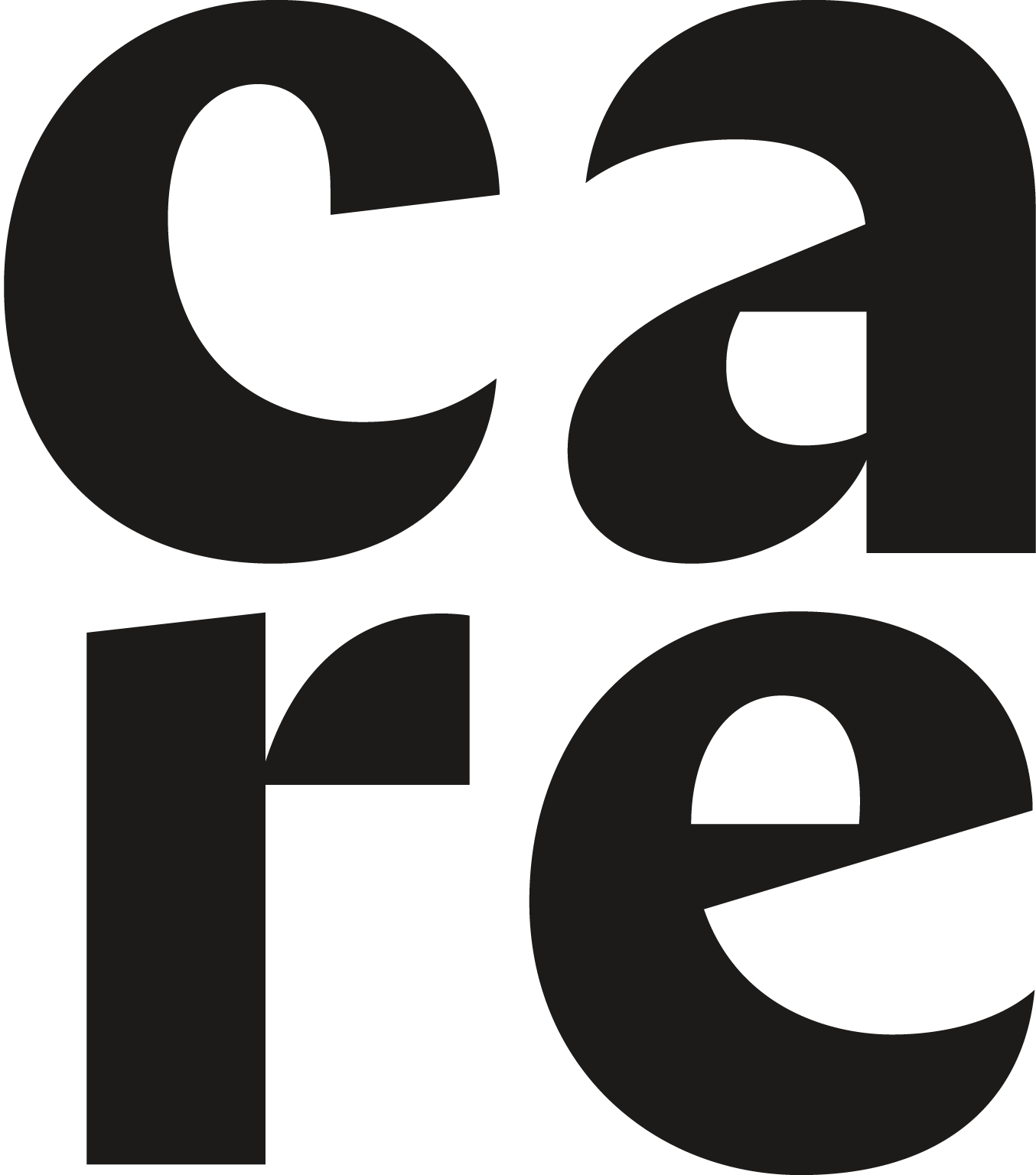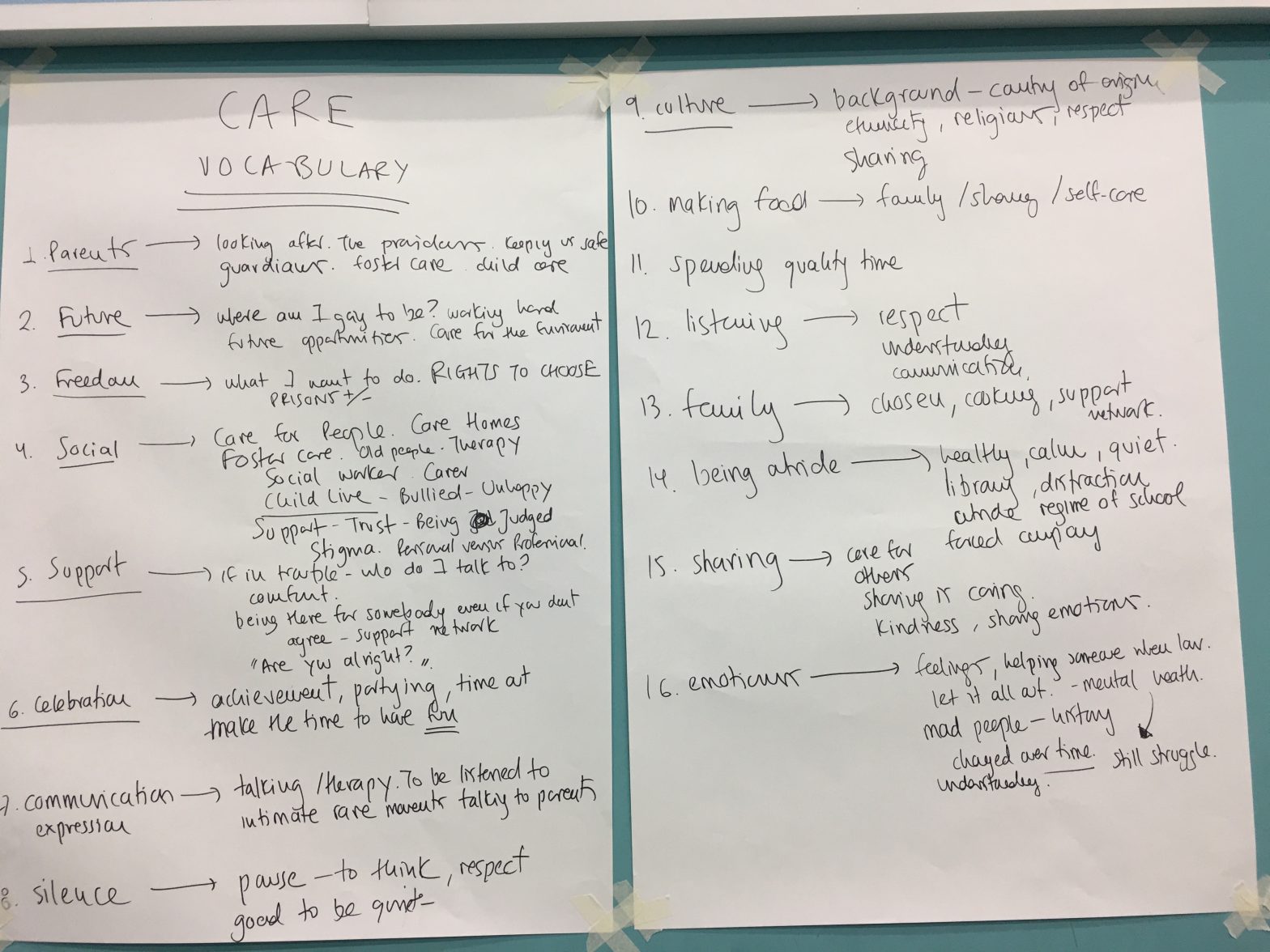What happens when an international art collective is placed in a suburban school?
International sound artist-activist collective Ultra-red worked closely working with a diverse group of youths from Maiden Erlegh School in the East Reading area, to explore the politics of care, questions of wellbeing and mental health, as well as issues of social citizenship and identity.
This first pilot project focused on issues around young people’s mental health and wellbeing. There is often a great difference between the way governments measure and evaluate concepts like ‘mental wellbeing’ and the way we understand and measure this in our every day lives. Mental wellbeing is not simply the absence of mental illness; it is a broader indicator of social, emotional and physical wellness. It is influenced by a range of factors, including a child or young person’s family, their community and school environment, their physical health and their social and emotional skills. Mental wellbeing can be defined as feeling good, feeling that life is going well, and feeling able to get on with daily life. What is ‘care’ for you? What is ‘caring’ for your community?
Ultra-red collective’s members Chris Jones and Elliot Perkins report back:
Throughout the week the students seemed engaged and generous with several different proposals made by us which required a ‘leap of faith’ with the exception of the expected shyness of some, most students were open and ready to give the new and the unfamiliar a try […] Throughout these discussions more subjective and in some cases universally shared ideas of care began to appear. Students seemed to be able to relate very well through the notion of pressure around school work, exams and in some cases even as far forwards as career anxieties but upon reflection this was met with strategies about how to cope with these pressures. Food, the making and sharing of food both at home and in the communal setting at school was one response to this as was music both of which were stated as important on an individual level (music as comfort/distraction) but also as a social activity: for example a local community centre where both food and (dancing) to music are communally shared activities. Also family was an often cited context for the above’.
‘Ultra-red would say that the students made great connections between these artistic processes and how they demand collaborative working and representation to the wider question of care and how we enact these ways of caring for each other. Although the pedagogical background of Ultra-red is centered in the idea in working practice that ‘everyone teaches, everyone learns’, it is not always easy for school students to give a space to this idea. Here the students from Maiden Erlegh were able to let Ultra-red, more or less, step out of producing a work with them, to letting them produce the work for themselves as teacher and learners. In Ultra-red’s experience we would say that this is something of a rarity. What the students may have learned from this in relation to both artistic engagements used as tools for investigation their own material and emotional conditions, their lived experiences and their own situated knowledge and the reflective and analytical work they ended up presenting will always come down to them. We trust in them to tell their story of this work’.
Supported by
‘Reading, Place of Culture’ a joint initiative by Reading Borough Council, Reading UK CIC, Reading International & the University of Reading. Organised by Anna Kontopoulou
Contributors
Students from Maiden Erlegh School Reading.

